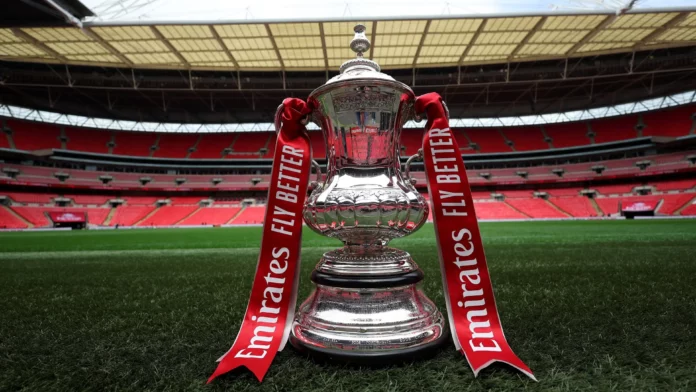Scrapping FA Cup Replays: Impact and Implications
Fixture Congestion vs. Financial Security: The Balancing Act
In a significant move that could reshape the landscape of English football, the Football Association (FA) is poised to eliminate FA Cup replays from the third round onwards starting next season. This decision, primarily aimed at easing fixture congestion, has sparked a complex debate concerning the financial health of lower-league clubs. The Daily Mail has brought this development into sharp focus, revealing the intricate dynamics at play behind the scenes of English football’s governing bodies.
FA Cup replays have long been a fixture in the tournament’s format, offering smaller clubs not only the dream of playing against top-tier opposition but also a vital financial lifeline. As highlighted by The Daily Mail, “Replays are a vital source of income to lower-league clubs.” For instance, League Two’s Cambridge United experienced a financial windfall, pocketing over £1million from a replay at Old Trafford in 2015. The removal of these replays could therefore represent a significant financial blow to such clubs.
Crux of the Issue: Negotiations and Complications
The backdrop to this decision is a tangled web of negotiations and financial considerations. The collapse of the so-called New Deal for Football, after the Premier League’s rejection of a £900million financial settlement to the EFL, has left lower-league clubs in a precarious position. The Daily Mail notes that “10 top-flight clubs blocked the Premier League’s attempts to introduce a new £900million financial settlement at a tense meeting on Monday,” underlining the fraught negotiations between England’s footballing hierarchies.
Moreover, the evolving landscape of European football, with the Champions League expansion consuming more mid-week slots, has put additional pressure on the domestic football calendar. The FA’s move to scrap replays, while also navigating the implications of a new international television rights deal with the Premier League, is a testament to the complex challenges facing English football governance.
Economic vs. Romantic: The FA Cup’s Identity Crisis
At the heart of this decision lies a fundamental question about the identity of the FA Cup. On one hand, the competition is cherished for its romanticism, offering David vs. Goliath matchups that capture the imagination of fans worldwide. On the other hand, the financial realities of modern football cannot be ignored, especially for lower-tier clubs that rely on such fixtures for crucial revenue streams.
The Daily Mail articulates this dilemma, emphasising the importance of replays not just as a competitive element but as a financial boon for smaller clubs. The potential loss of “two potential fixtures and the chance of a big pay-day at a Premier League” could have far-reaching consequences, not just for the clubs involved but for the communities they support.
Looking Ahead: Challenges and Opportunities
As the FA Cup faces a period of significant change, the implications of scrapping replays extend beyond the immediate financial impact on lower-league clubs. This decision also raises questions about the future structure of domestic competitions and their place within the global football calendar.
Despite the challenges, there may be opportunities for innovation and adaptation. The necessity of navigating fixture congestion, coupled with the evolving demands of broadcasting and fan engagement, presents a chance to rethink competition formats in a way that balances tradition with the needs of the modern game.
In conclusion, the FA’s decision to scrap FA Cup replays is a microcosm of the broader challenges facing football governance today. As The Daily Mail’s coverage illustrates, navigating the interests of clubs across the football pyramid, while also adapting to the changing landscape of the sport, will require careful consideration, negotiation, and perhaps, a new vision for the future of English football.

